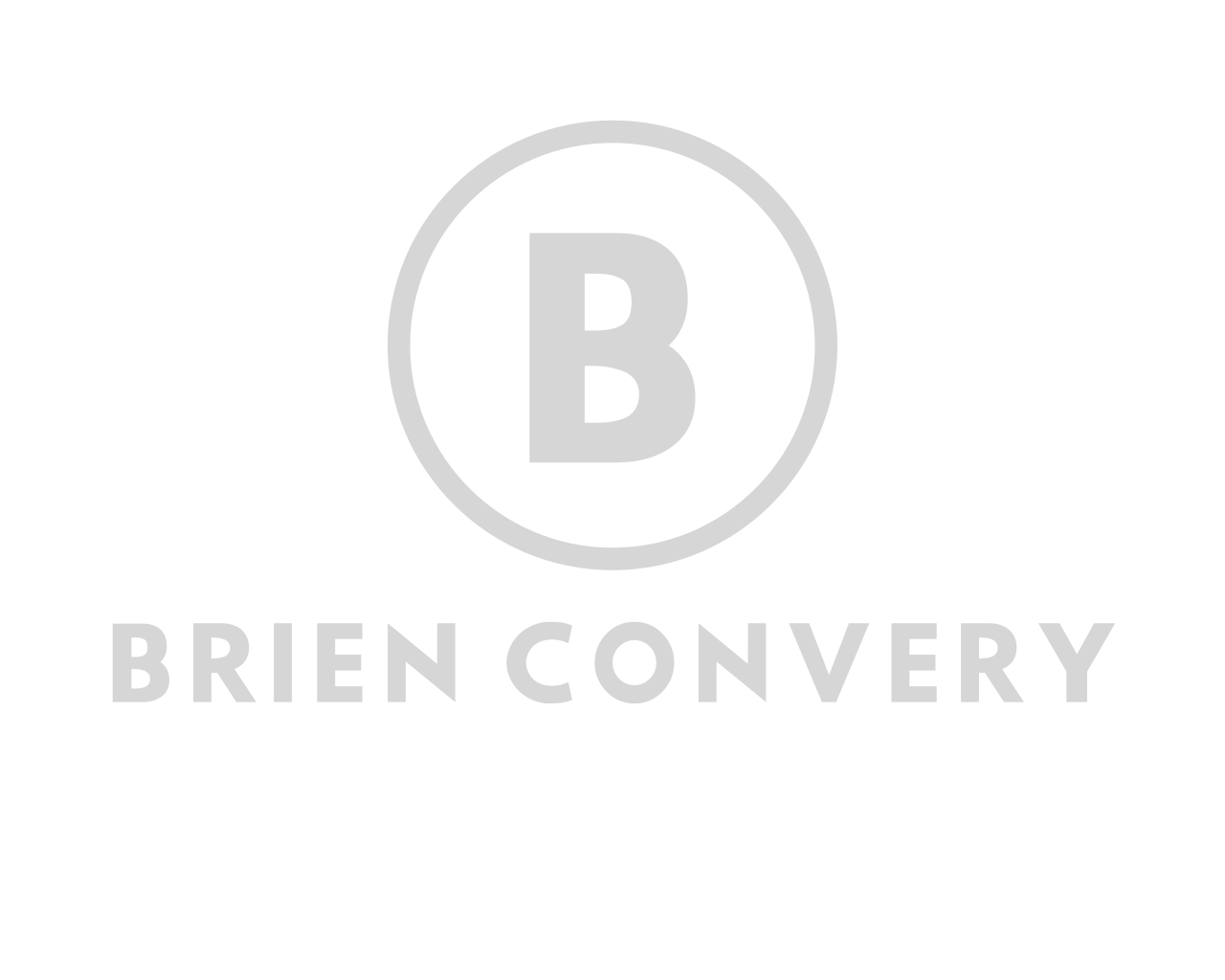The Shift from Credentials to Skills-Based Recruitment
The Shift from Credentials to Skills-Based Recruitment: What It Means for the Future of Education and Employment
The job market is experiencing a seismic shift as companies move from traditional degree requirements toward skills-based recruitment. This approach prioritizes competencies, specific skills, and practical experience over academic credentials. But as more organizations embrace skills-based hiring, what does this mean for the future of post-secondary education, and how should colleges and universities adapt to remain relevant?
Why the Shift to Skills-Based Recruitment?
Historically, a degree served as a proxy for a candidate's capabilities. However, as industries transform rapidly with the influence of technology, adaptability and specialized skills have become paramount. Many employers now recognize that while degrees offer foundational knowledge, they don’t always equip individuals with the hands-on skills needed in today’s fast-evolving roles.
Companies leading this charge are making significant strides in rethinking recruitment. For example, IBM has become a pioneer in skills-based hiring, offering “New Collar” roles that prioritize skills over degrees, particularly for tech-focused positions. Google has similarly shifted gears, designing training programs like its Google Career Certificates to equip candidates with practical, job-ready skills in areas like project management, data analysis, and digital marketing. Other companies such as Ernst & Young (EY) and Apple no longer view a degree as a mandatory qualification, instead prioritizing candidates’ capabilities to perform and innovate.
This trend is not confined to technology and professional services alone; companies in finance, retail, healthcare, and manufacturing are also recognizing the value of hiring candidates based on skills. In 2022, the U.S. Chamber of Commerce Foundation and SHRM (Society for Human Resource Management) launched the T3 Innovation Network initiative, an effort to create a skills-based talent marketplace, underscoring the demand across industries to refocus hiring on proven competencies.
Implications for Post-Secondary Education
The implications of this shift are profound for colleges and universities. Traditionally, degrees have been the primary means of certifying knowledge, but as demand for specialized skills rises, institutions must reconsider how to best prepare students for the workforce. Here are some changes we may see:
Increased Emphasis on Practical Training: Degrees might be restructured to incorporate more hands-on learning, internships, and co-op placements. Such experiential opportunities allow students to develop and demonstrate job-relevant skills.
Modular or Micro-Credential Programs: Colleges may increasingly offer modular or stackable credentials that allow students to earn qualifications for specific skills. Micro-credentials provide flexible, targeted education that can be updated in response to industry changes.
Stronger Collaboration with Industry Partners: To stay competitive, post-secondary institutions may develop closer partnerships with businesses to align curriculum with real-world requirements. Collaborating on co-op programs, apprenticeships, and skill-based certifications can bridge the gap between academia and job-market demands.
Focus on Soft Skills and Interdisciplinary Knowledge: As organizations value adaptability, communication, and problem-solving, post-secondary institutions might prioritize interdisciplinary learning, helping students build well-rounded skill sets that transcend traditional degree boundaries.
Looking Ahead: Embracing the Change
The transition to skills-based hiring aligns with a future of work that prizes flexibility, continuous learning, and real-world application. For job seekers, this shift means more diverse pathways to rewarding careers. For businesses, it creates an opportunity to tap into talent from a broader pool of backgrounds and experiences.
For educators, this pivot presents both challenges and opportunities. Universities and Colleges have a chance to lead in equipping the next generation with practical skills that directly meet the needs of employers—but it requires a willingness to adapt and innovate in the evolution and dynamic world of change.

